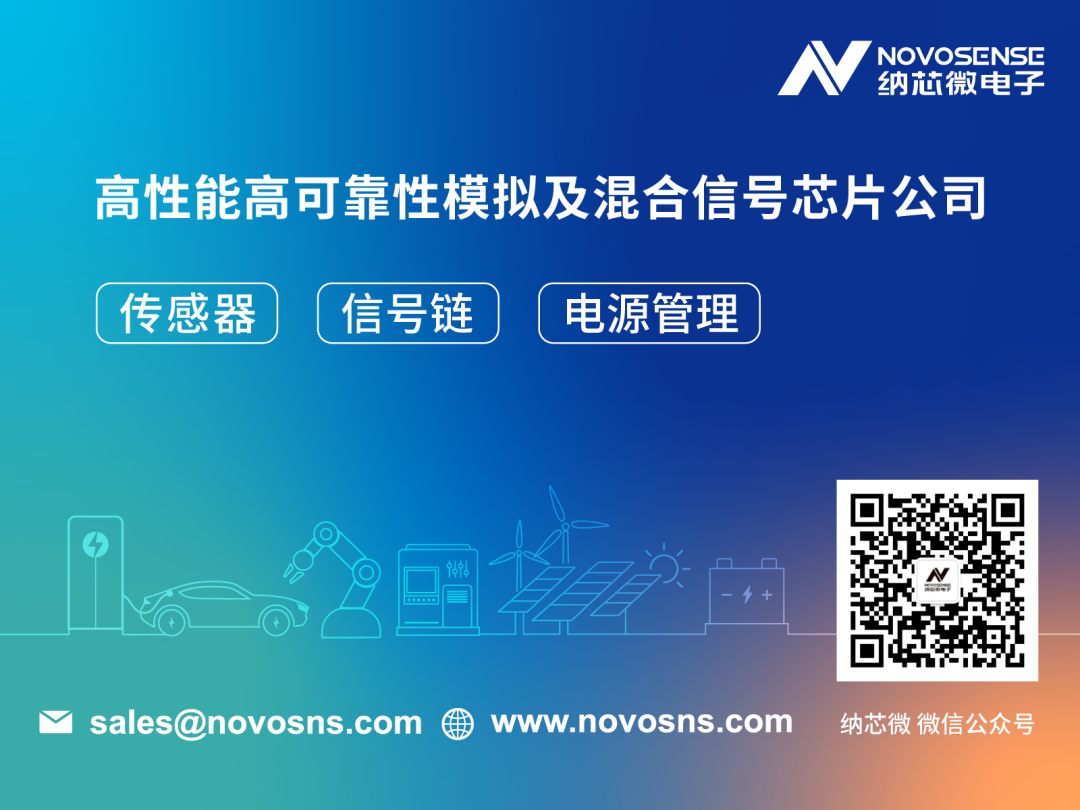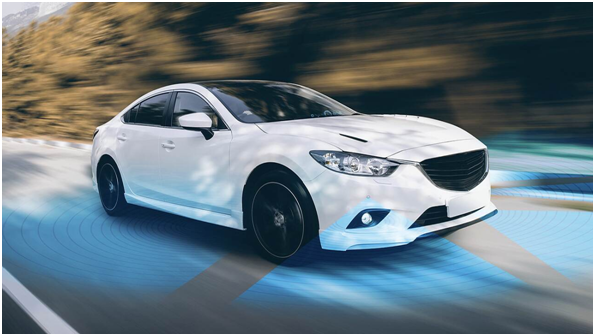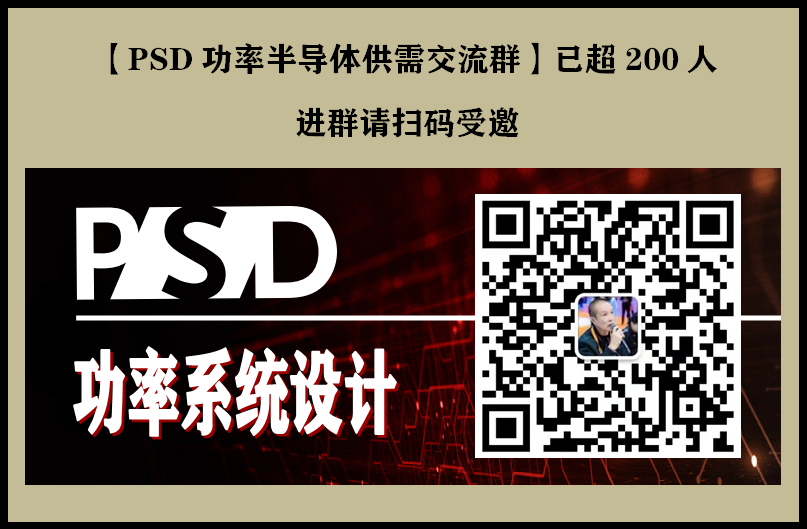 News Highlights:
News Highlights:
• Compared to discrete solutions, the new high-speed single-chip LiDAR laser driver can detect objects more quickly and accurately.
• The new high-performance automotive clock based on Bulk Acoustic Wave (BAW) technology has a reliability that is 100 times higher than quartz-based clocks, enabling safer operation.
• Automotive manufacturers can enhance the functionality of front radar sensors and corner radar sensors with Texas Instruments’ latest millimeter-wave (mmWave) radar sensors.

Texas Instruments (TI) (NASDAQ: TXN) has launched a series of new automotive LiDAR, clock, and radar chips designed to help automotive manufacturers enhance vehicle safety performance by introducing more autonomous driving features for various types of vehicles. TI’s new LMH13000 is an integrated high-speed LiDAR laser driver that achieves ultra-fast rise times, improving real-time decision-making capabilities. The BAW-based automotive clock products, namely the CDC6C-Q1 oscillator and the LMK3H0102-Q1 and LMK3C0105-Q1 clock generators, enhance the reliability of Advanced Driver Assistance Systems (ADAS). To support the evolving demands of ADAS, TI’s newly launched AWR2944P millimeter-wave radar sensor features advanced front and corner radar capabilities.
“Our new automotive analog and embedded processing products not only help automotive manufacturers meet current safety standards but also accelerate their progress towards a collision-free future,” said Zhao Xiangyuan, Director of Technical Support for Texas Instruments China. “Semiconductor innovation provides automotive manufacturers with the reliability, precision, integration, and cost-effectiveness needed to enhance the autonomy of their entire fleet.”
Extended Measurement Range by 30%, Improving Real-Time Decision Making
LiDAR is a key technology for safe autonomous vehicles, providing detailed three-dimensional maps of the environment around the driver. This allows vehicles to accurately detect obstacles, traffic, and road conditions and respond quickly, thereby improving real-time decision-making. TI’s new LMH13000 is an integrated high-speed laser driver that offers an ultra-fast rise time of 800ps, extending the measurement range by up to 30% compared to discrete solutions. This device integrates Low Voltage Differential Signaling (LVDS), Complementary Metal-Oxide-Semiconductor (CMOS), and Transistor-Transistor Logic (TTL) control signals without the need for large capacitors or other external circuits. This integration can reduce system costs by an average of 30% while shrinking the solution size by four times, enabling design engineers to discretely install compact, cost-effective LiDAR modules in more areas and vehicle models.
As LiDAR technology achieves higher output currents, the pulse duration varies significantly with temperature, posing a severe challenge to meeting eye safety standards. TI’s LMH13000 laser driver can provide adjustable output currents of up to 5A, with a variation rate of only 2% across an environmental temperature range of -40℃ to 125℃, compared to variations of up to 30% in discrete solutions. The short pulse width generation and current control features of this device enable the system to comply with the FDA’s Class 1 eye safety standards.
For more information, please read the technical article: “The Leap in LiDAR: Making Vehicles Safer with Precise Long-Range Detection Technology.”
Designing Reliable ADAS with New BAW-Based Automotive Clocks
Electronic devices in ADAS and in-vehicle infotainment systems must operate reliably in the face of temperature fluctuations, vibrations, and electromagnetic interference. Thanks to TI’s BAW technology, the new CDC6C-Q1 oscillator and LMK3H0102-Q1 and LMK3C0105-Q1 clock generators have a reliability that is 100 times higher than traditional quartz clocks, with a failure rate of only 0.3. Enhanced clock accuracy and recovery capabilities under harsh conditions make the operation of next-generation vehicle subsystems safer, data communication simpler, and data processing faster.
For more information, please read the technical article: “Beyond Quartz Clocks: How BAW Clocks Redefine ADAS and IVI.”
Additionally, TI has launched new front and corner radar sensors AWR2944P based on the widely adopted AWR2944 platform. The enhanced capabilities of the new radar sensors improve vehicle safety by expanding detection range, increasing angular accuracy, and enabling more complex processing algorithms. Key enhancements include:
• Improved signal-to-noise ratio;
• Enhanced computing power;
• Larger memory capacity;
• Integrated radar hardware accelerators that enable microcontrollers and digital signal processors to perform machine learning for edge AI applications.
TI’s new automotive radar, clock, and radar solutions assist engineers in designing adaptive ADAS, providing a safer and more automated driving experience.
Packaging, Availability, and Pricing
The pre-production LMH13000, CDC6C-Q1, LMK3H0102-Q1, LMK3C0105-Q1, and AWR2944P are now available for purchase on TI.com. Support resources for these new devices include:
• Multiple payment and shipping options;
• Evaluation modules.

About Texas Instruments (TI)
Texas Instruments (TI) (NASDAQ: TXN) is a global semiconductor company that designs, manufactures, and sells analog and embedded processing chips for markets such as industrial, automotive, personal electronics, enterprise systems, and communications equipment. We are committed to making electronics more affordable and accessible through semiconductor technology, making the world a better place. Today, every generation of innovation builds on the previous one, making our technology more reliable, economical, and energy-efficient, leading to widespread applications of semiconductors in electronic products. Visit TI.com.cn for more details.
Since establishing its Beijing representative office in 1986, Texas Instruments has continuously supported the Chinese market. We collaborate with customers across various markets to provide comprehensive support, meeting their design needs and helping them succeed.
Trademarks
All registered trademarks and other trademarks are the property of their respective owners.